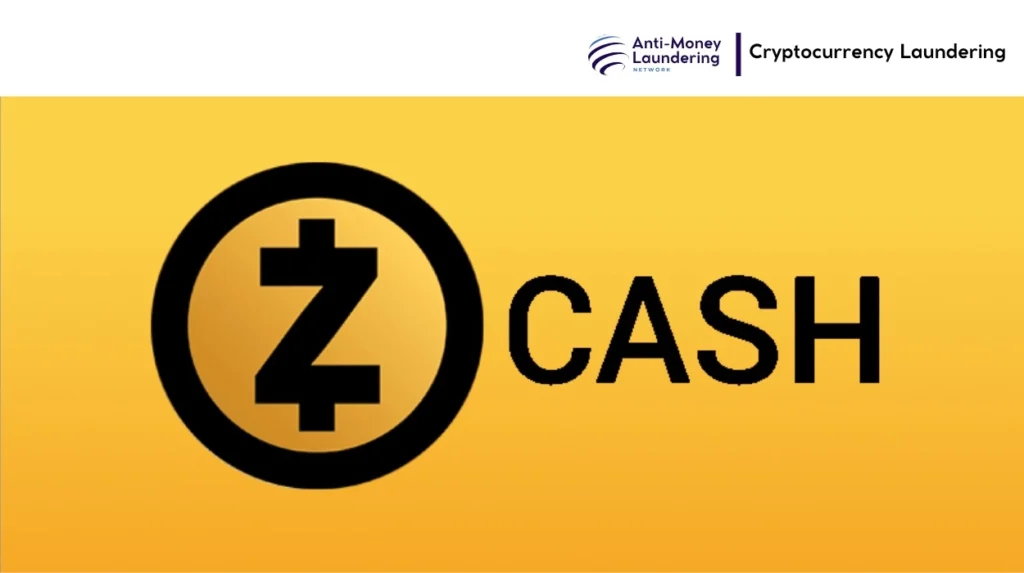Zcash offers advanced privacy features that shield transaction details, presenting significant challenges for anti-money laundering efforts. While this level of anonymity protects user privacy, it also enables criminals to obscure illicit funds more effectively than with transparent cryptocurrencies. Despite this, current blockchain monitoring technologies and regulatory frameworks are evolving to mitigate these risks. Zcash’s dual-use nature—as a tool for both legitimate privacy and illicit obfuscation—places it at the center of debates balancing financial freedom against crime prevention. Evidence shows that while Bitcoin remains dominant in illicit activities, the use of privacy coins like Zcash is rising, necessitating enhanced international cooperation and sophisticated AML strategies to address their misuse effectively.
Zcash, as a privacy-focused cryptocurrency designed to offer shielded transactions, has become a favored tool among criminal actors globally to launder illicit proceeds originating from drug trafficking, ransomware, cyber theft, and corruption. Its zero-knowledge proof technology obscures transactional details, complicating law enforcement’s efforts to trace funds. Criminal networks use Zcash in layered laundering techniques, exploiting decentralized exchanges and darknet platforms with inadequate AML oversight. In response, regulators worldwide have intensified scrutiny of privacy coins, implementing measures to mitigate risks while balancing legitimate privacy use cases. The evolving regulatory landscape seeks to tackle the money laundering threats posed by Zcash without stifling its legitimate financial privacy applications.

